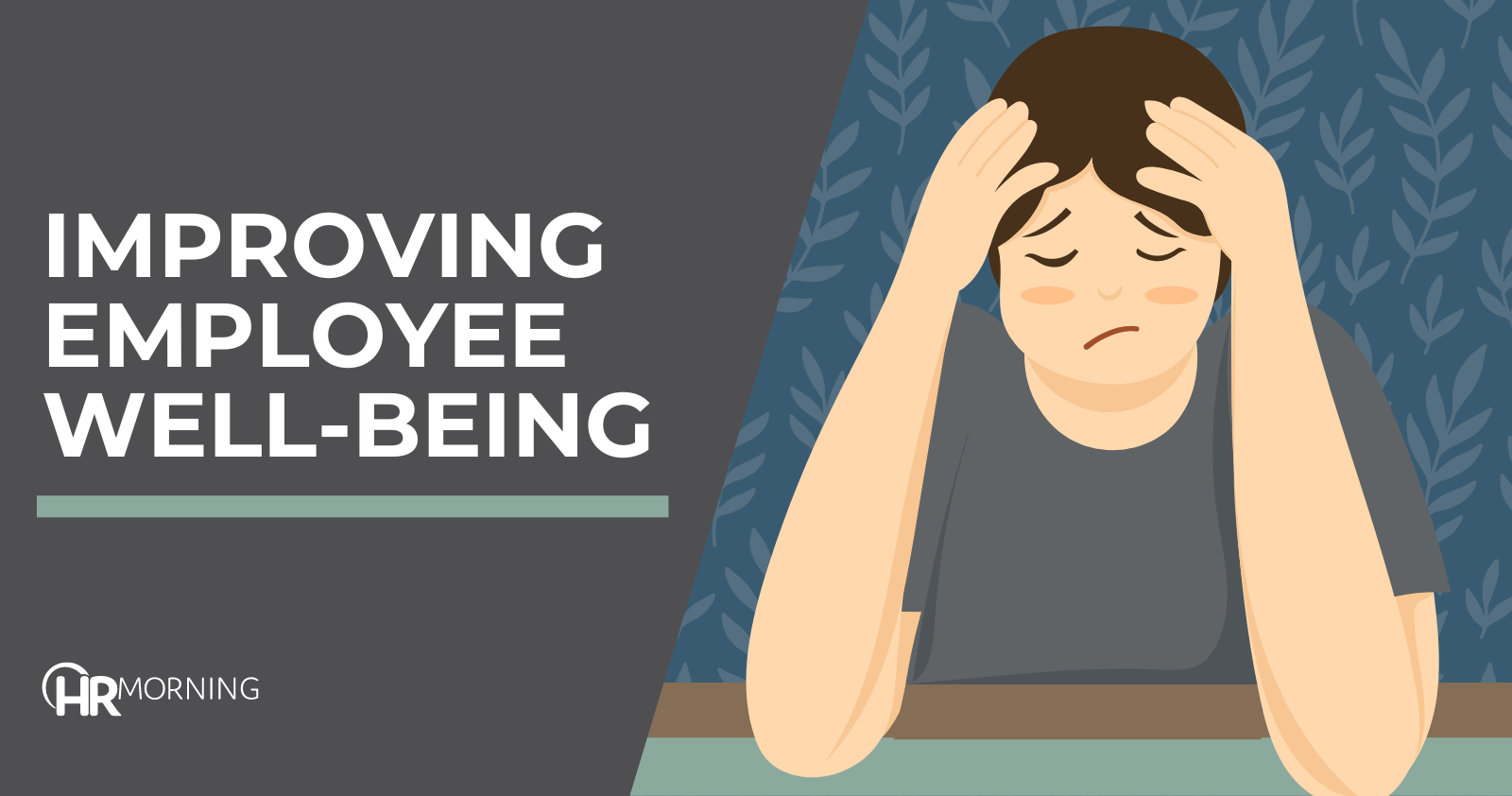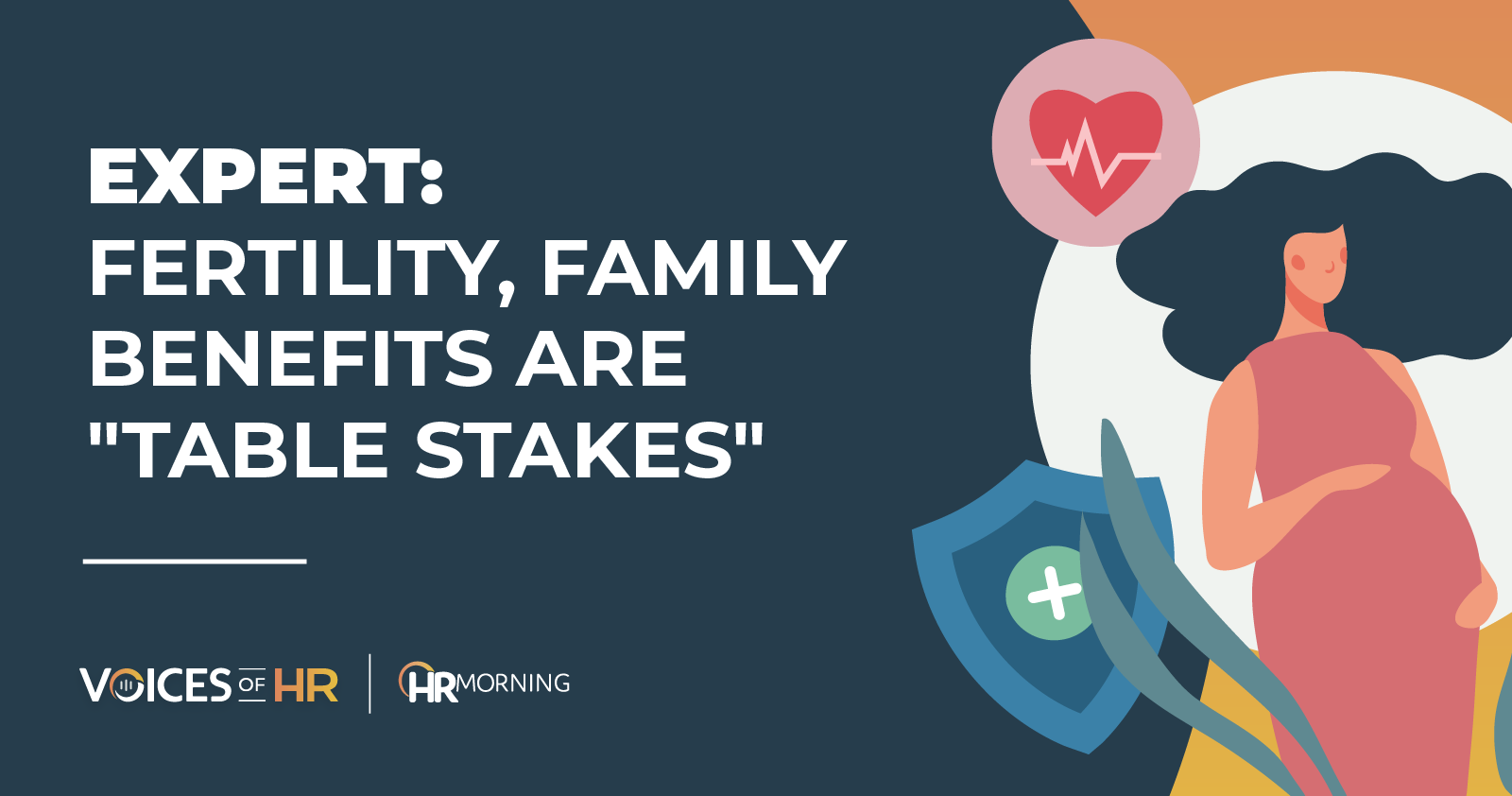Employees aren’t healthy: 5 things you can do before it gets worse
Your employees aren’t healthy — and it’s likely costing your organization more than you’d like. Despite your best efforts to help employees improve their physical and mental well-being, they aren’t heeding the advice or tapping the resources. Here’s the ugly truth: Nearly 15% are diabetic. Thirty-eight percent are obese, up 6% from 2019. Eating habits…









